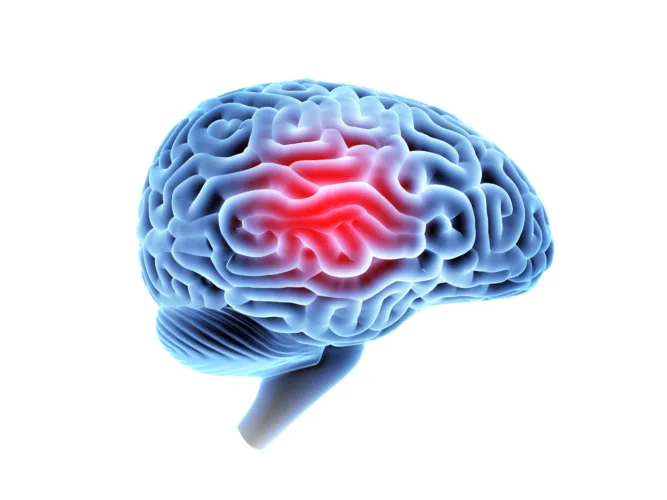
Alcohol abuse and eating disorders might seem like vastly different illnesses, but there’s actually a significant overlap between the two conditions.
Eating disorders are officially categorized as a mental illness and, especially being of such a personal and vulnerable nature (weight, food habits, appearance), often include symptoms of anxiety and depression. This combination of conditions can take a great toll on the mind and body of a person, and often, alcohol use often accompanies these mental ailments.
In this article, we’re going to take a closer look at the relationship between alcohol and eating disorders, how having an eating disorder influences alcohol use and vice versa.
Alcohol and eating disorders: the basics
Alcohol abuse and eating disorders are more closely related than many people think. According to studies, nearly 50 percent of the people struggling with an eating disorder also regularly consume alcohol or drugs. That number continues to rise with each passing year, having experienced a significant spike in recent years due to the increased substance abuse within the pandemic-induced lockdowns.
The term “drunkorexia” was unofficially introduced in recent decades and is used to describe someone who starves themself of food in order to offset their caloric intake from excessive alcohol use. Drunkorexia can also refer to someone who frequently binge-drinks and then purges, or purges their food before engaging in binge-drinking.
Frequent and excessive alcohol use is never a healthy practice, but for someone who has an eating disorder, adding alcohol use on top of that can lead to exacerbated negative symptoms.
Alcohol’s effects on eating disorders
Anorexia, bulimia and binge-eating disorder can all be negatively impacted by alcohol use, though alcohol does affect each one a little bit differently and often for different reasons.
Anorexia is divided into two categories; both are rooted in a distorted self-image, severe fear of gaining weight, but while the first category revolves around extreme dieting, the second is a binge-and-purge cycle.
These individuals often use alcohol to suppress their appetites, but drinking on an empty stomach is especially dangerous because it increases your chances of alcohol poisoning.
Bulimia is characterized by recurring episodes of compulsively consuming large amounts of food in a small period of time. These episodes are then followed by purging behaviors as an attempt to “reverse” the effects of the binge.
Those who binge food often binge alcohol, and this rapid consumption of food and alcohol in excess is never without consequences, especially because of the purge that follows.
Binge-eating disorder was only recently categorized as its own type of eating disorder. Up until the most recent decades, it was assumed that all individuals who participated in binge-eating activities always followed those occurrences with purging.
This eating disorder is characterized by recurring episodes of binge-eating, but without the addition of purging practices. Like those struggling with bulimia, these individuals often engage in binging alcohol, or binge-eating while drunk.
Start your recovery today
If you or someone you love is struggling with an eating disorder or abusing alcohol in some way, seek professional help or encourage them to do so without prolonging the outreach. When left unmanaged, both eating disorders and alcohol use disorders can be dangerous or fatal.
Here at Seeds of Hope, we believe that anyone can recover with the proper treatment, consistent effort and a deeply instilled sense of hope. We meet you wherever you’re at in your journey, and support you every step of the way moving forwards with a comprehensive continuum of care plan, tailored specifically for you.
To learn more about our services and identify which one is the right fit for you, call us today.


